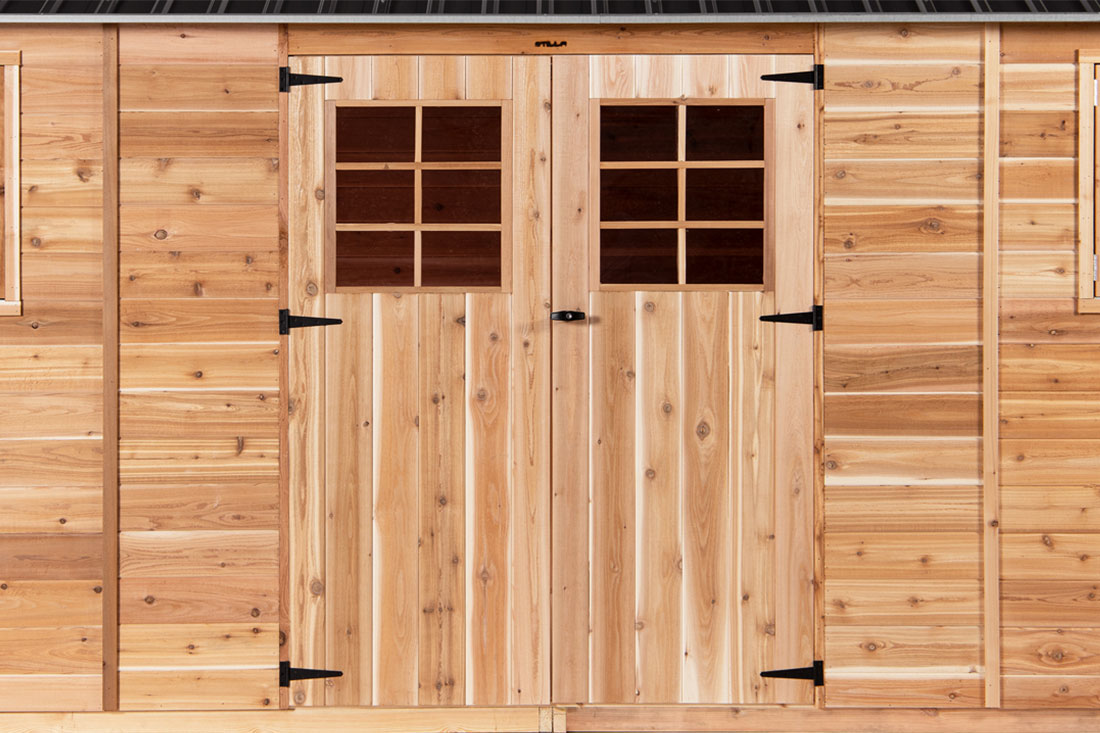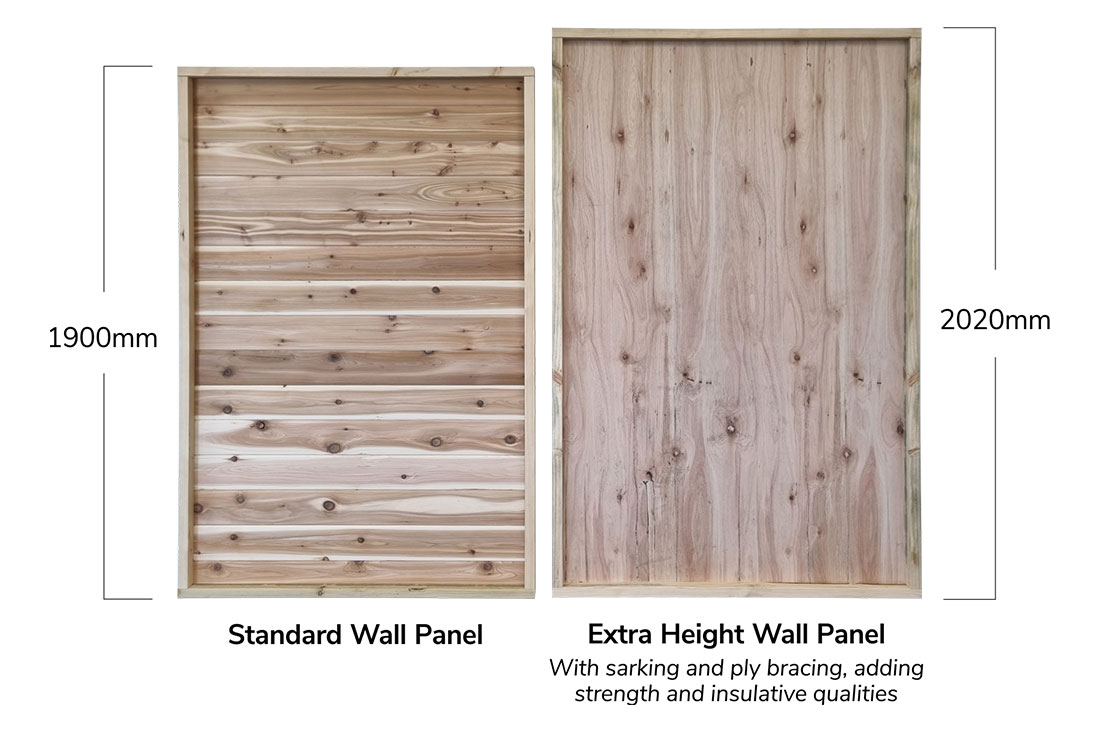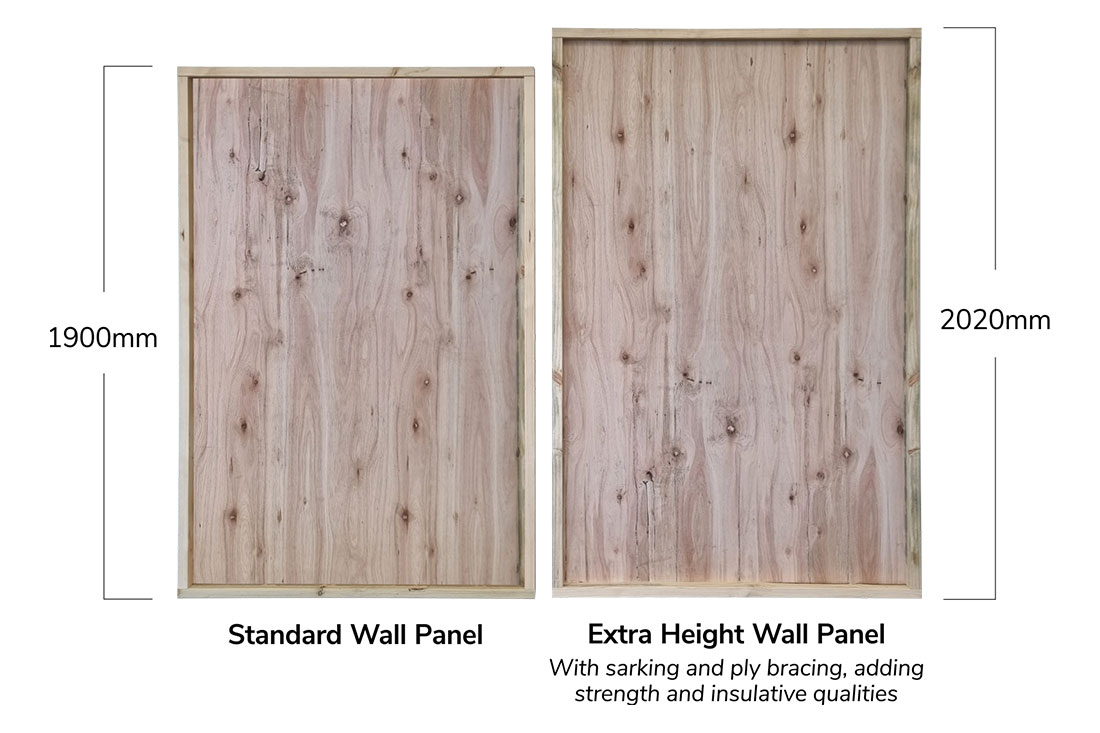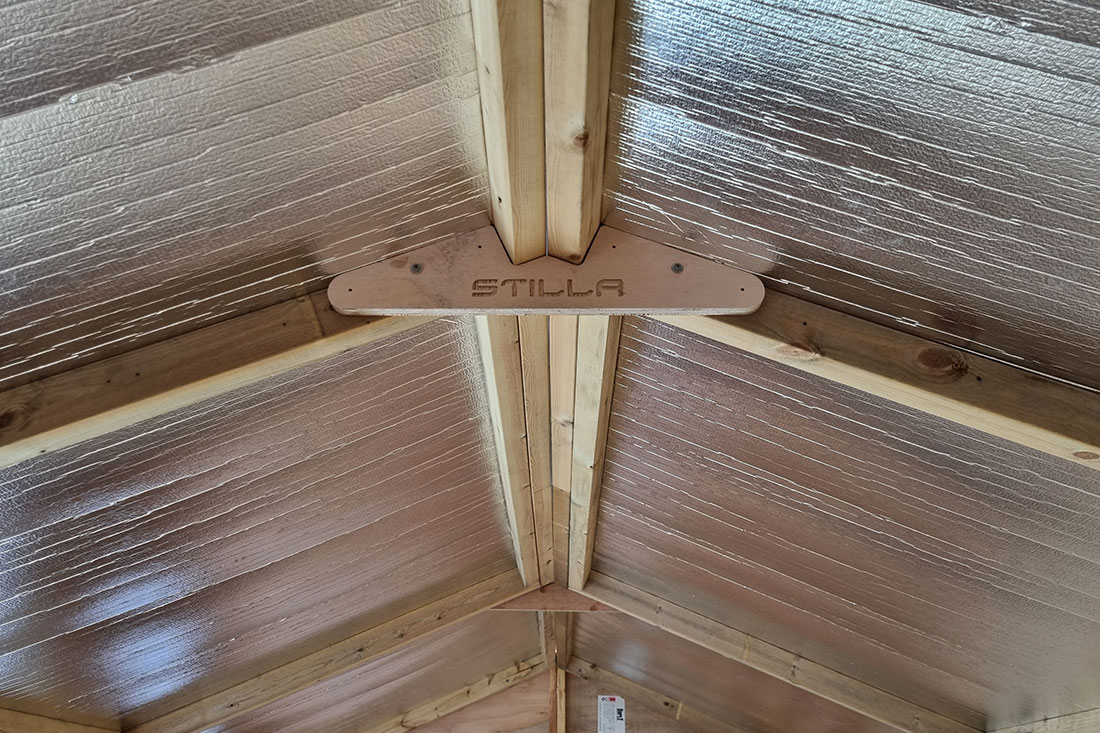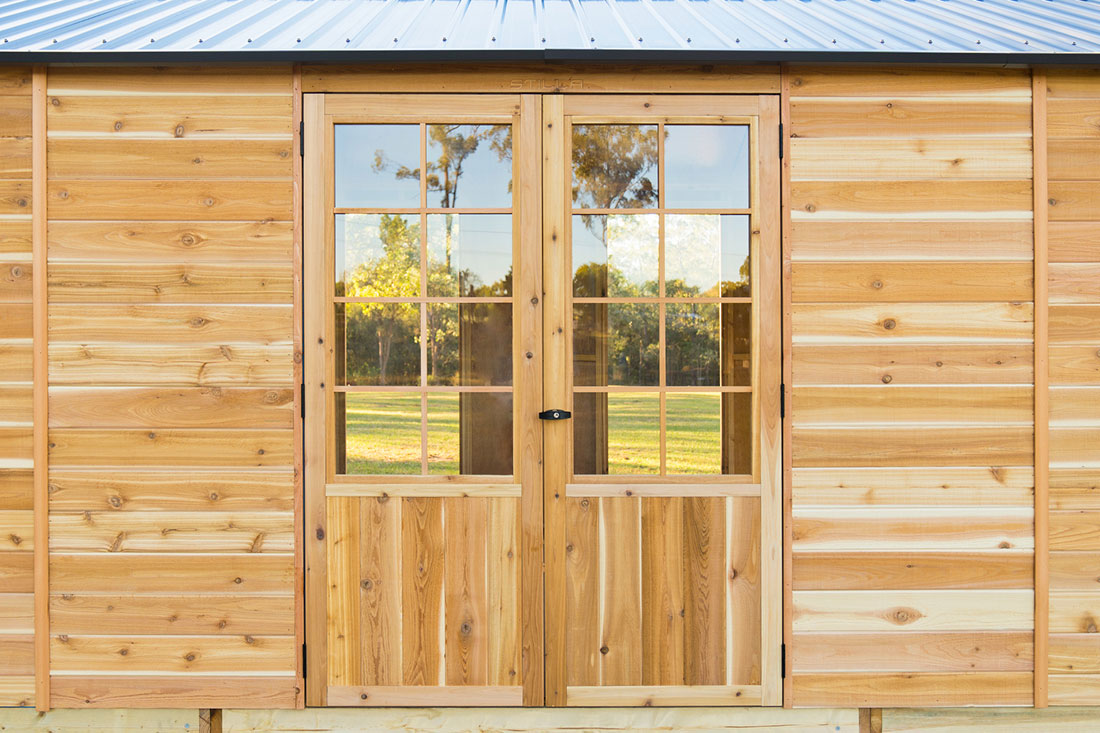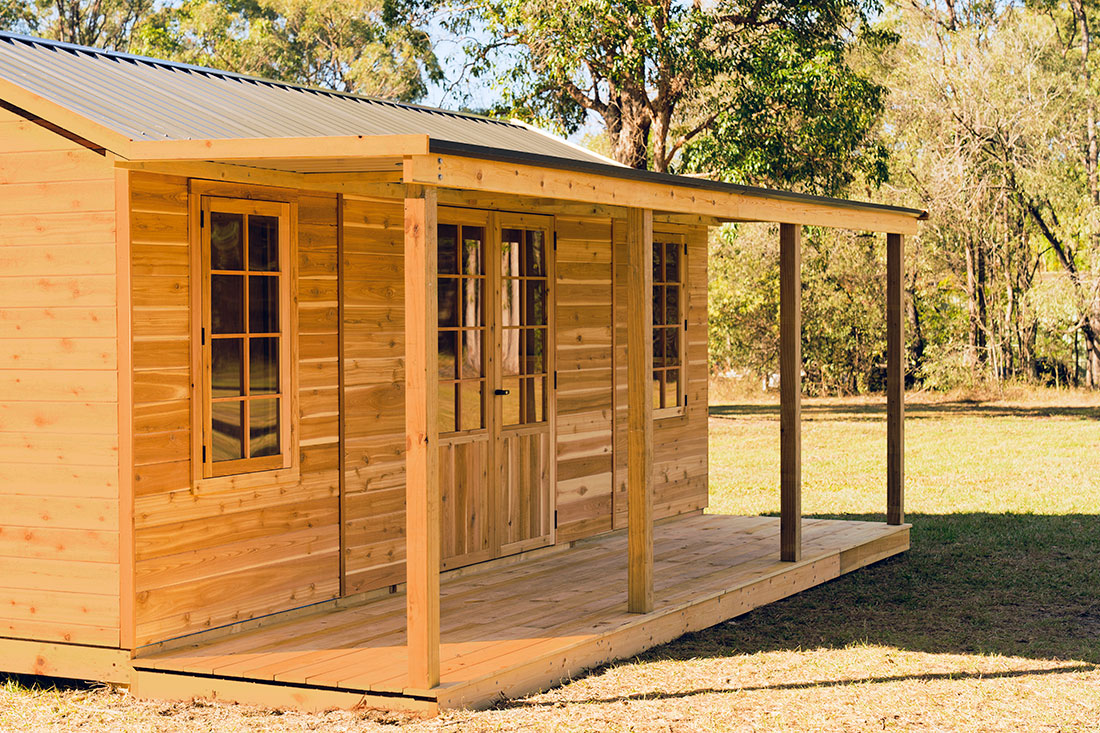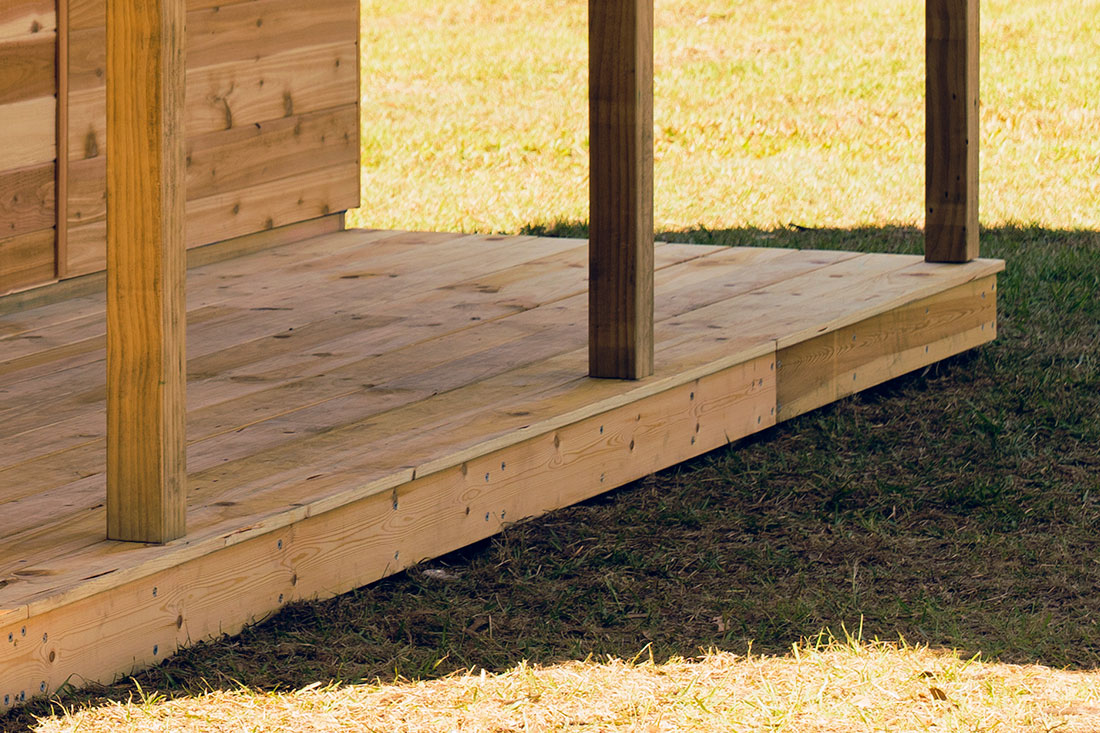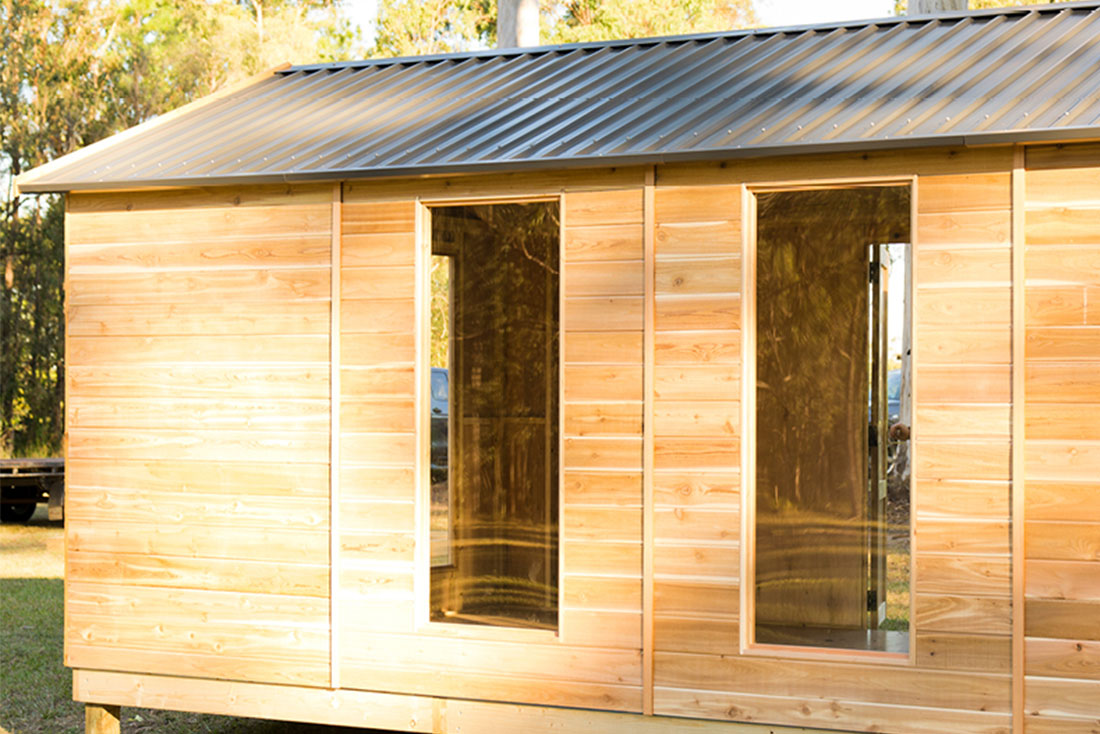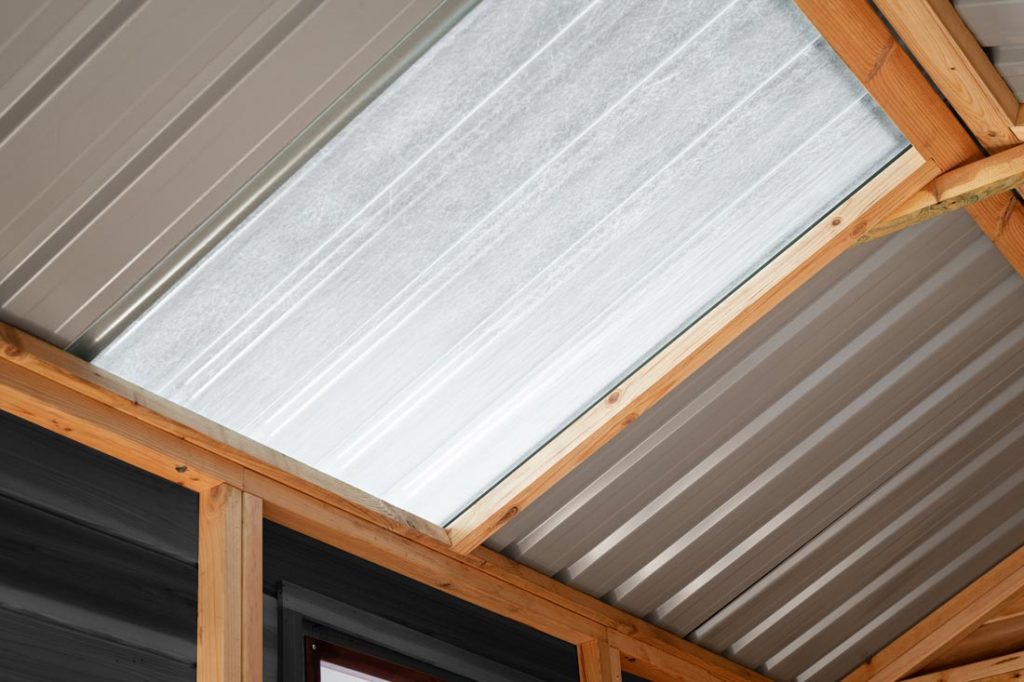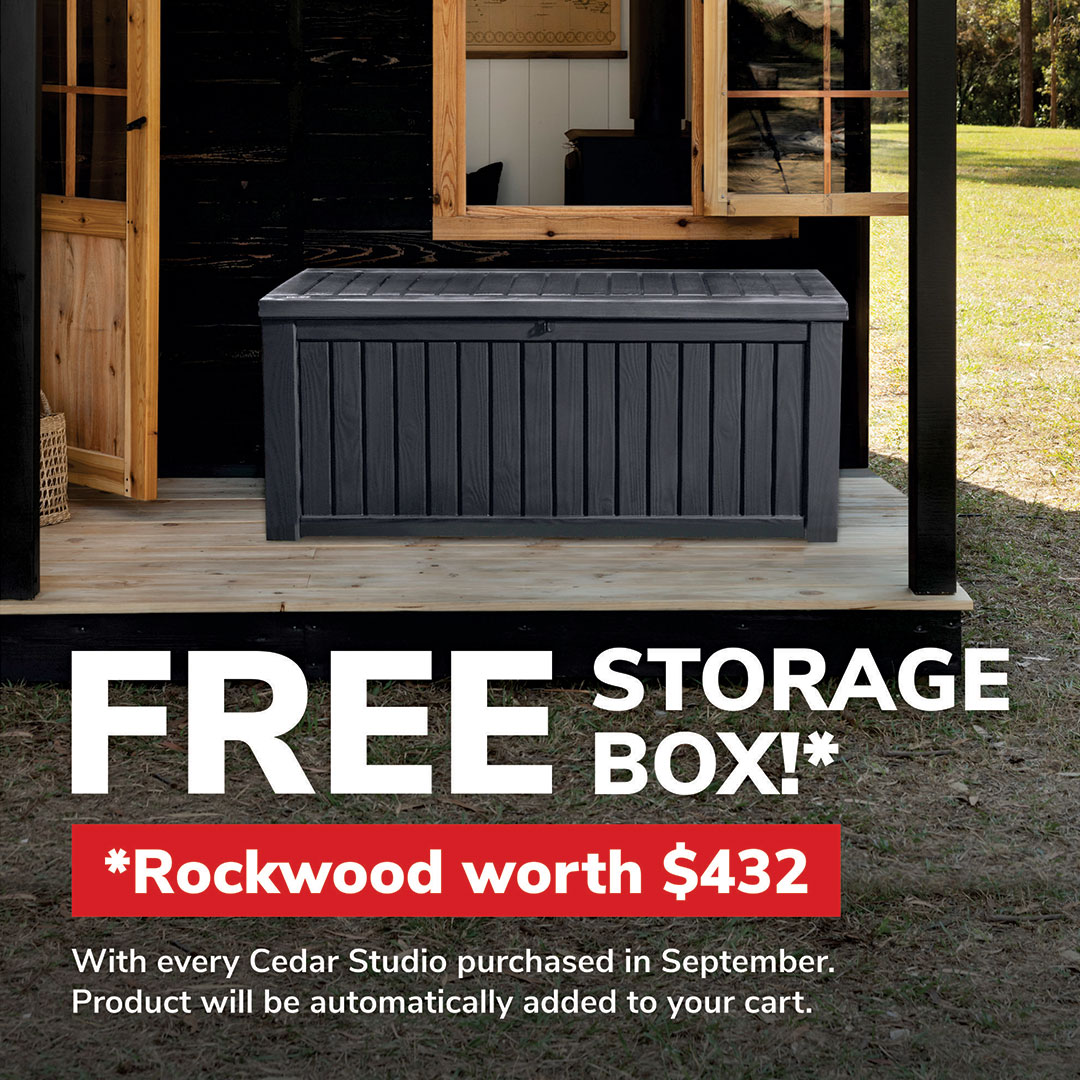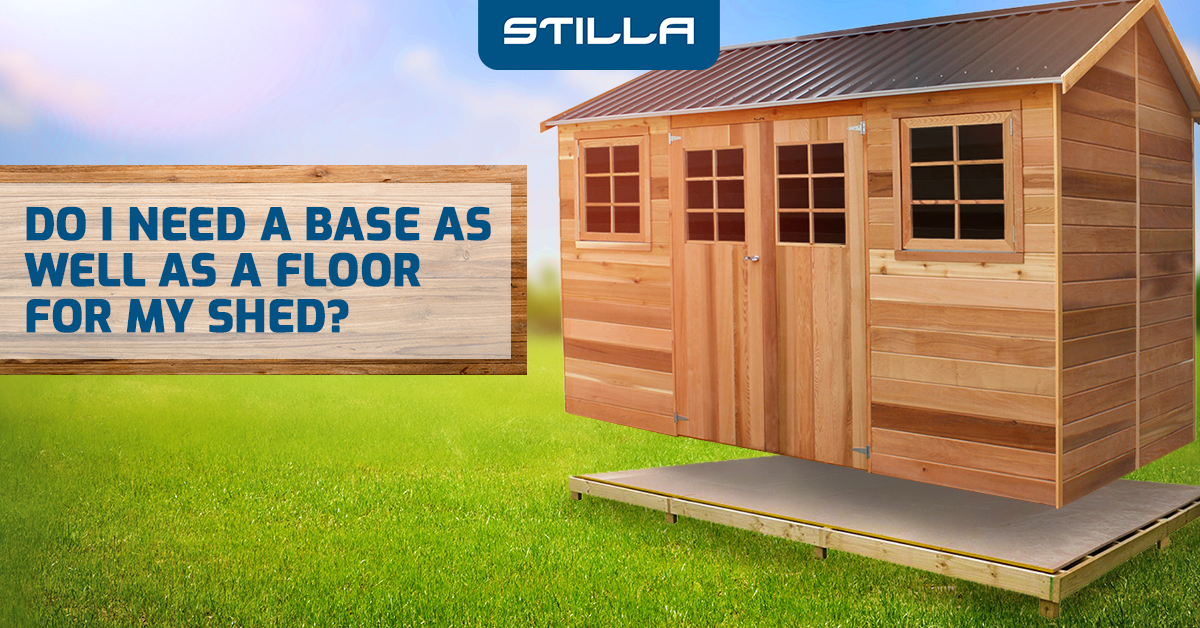
27 Jun Do I need a base as well as a floor for my shed?
You’re making a decent investment by getting a shed, even before you start using it or storing anything in it, so don’t skimp on its foundations.
If you don’t start with a nice, solid, stable base, you might soon find things shifting, and it’s not great when you can’t close the door properly because the walls have sunk out of alignment.
It’s also less than ideal if you put something down and it starts rolling or sliding downhill on what’s supposed to be a level surface!
Even if the misalignment isn’t all that noticeable, or you just learn to live with it, the structure will be weakened, and the lifespan of your shed will probably be reduced significantly.
Is it a base or a floor?
We can understand why there’s sometimes confusion about whether a shed needs a base or a floor or both. You’ll get different answers from different people and for different types of sheds.
When we talk about a base, we’re talking about some sort of solid foundation.
That means that some bases can either double as a floor or, at least, make it less important to have a floor as well.
When we use the term ‘floor’, we’re being a little more ambiguous, because we’re accounting for both separate and distinct floor surfaces and bases that double as a floor.
So, think of it like this: sometimes a base is also a floor, however, if you get a floor that’s not solid enough you may need a base as well.
Hopefully that’s clearer than mud!
Why do I need a base?
Some sheds come with a floor and some don’t, but regardless of how you come by a floor or what sort you choose, if it’s just placed on bare ground it won’t be as stable or durable as it would be with a base as well.
The lower part of the walls as well as whatever’s inside the shed will also be more susceptible to the impact of changes in conditions, including dampness.
Being raised off the ground on a base means that you’ll most likely have better drainage and better air circulation around the shed, too.
As a rule, the larger the shed the more important it is to have a solid, completely level base.
Other variables include the climate, the type of soil (as some soils are more likely to shift over time), and the evenness of the site.
What are my base/floor options?
A concrete slab – While laying a concrete slab is the most expensive option, it can be the only reasonable approach, especially for a shed that will be used as a workshop, and where the ground is uneven and/or not 100 per cent stable.
Pavers – Pavers are not as solid as a slab, but they still offer a very robust base, although you might need to do a bit of excavating first, because they have to be laid on a level surface.
A heavy-duty floor – Even if the ground isn’t level, a heavy-duty floor comes with legs, so you won’t need to excavate. A rebated floor panel is part of the heavy-duty floor kit, so this is the ultimate base-and-floor solution.
A rebated floor – If your shed is going on level ground, this is the most cost-effective option. It’s also the easiest option for a do-it-yourselfer using a kit.
Do I need to get a base or floor with my shed?
Stilla makes floors – both rebated and heavy duty – to suit all sorts of sheds. There’s a choice of floors for every one of our own sheds, but you can also get a floor from us if your shed has come from somewhere else.
Of course, if you’re laying a concrete slab or pavers, it’s best to be very sure of your dimensions and positioning before you start. We can recommend the right measurements, including the best thickness of concrete for your shed, location, and purpose.
Some people prefer a larger base, allowing for easier access as well as some additional solid surface if you need to place any items outside your shed (for example, while re-organising or cleaning the floor).
Depending on the site and landscaping, it can also help keep grass and weeds away from the shed walls.
Keep in mind that a heavy-duty floor will cost around twice as much as an equivalent rebated floor (although still substantially less than laying a slab).
If you’re in any doubt or have any base or flooring questions, we’d be happy to advise. Just drop us an email or give us a call.

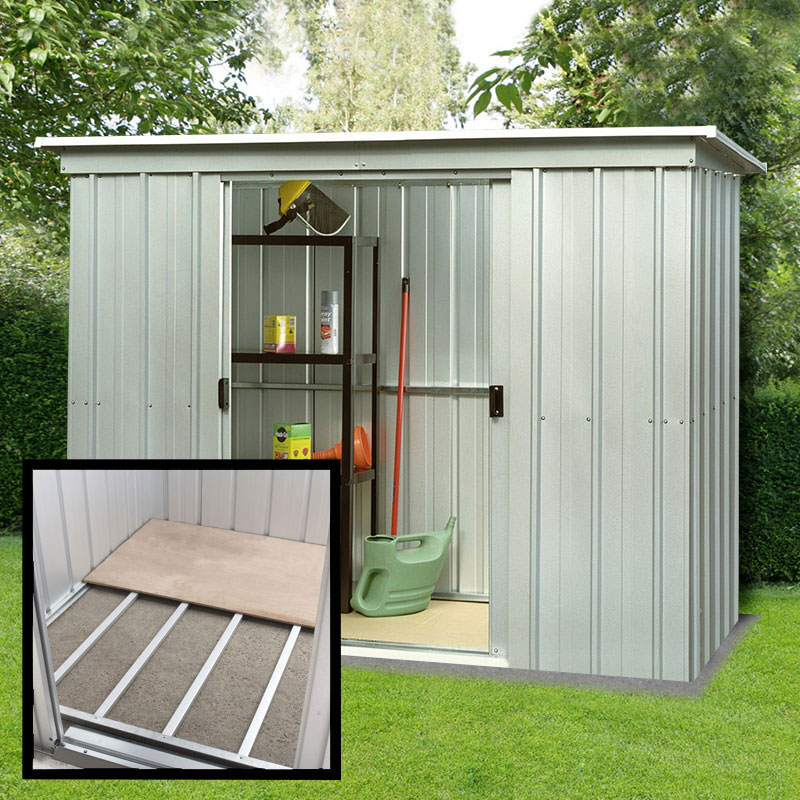
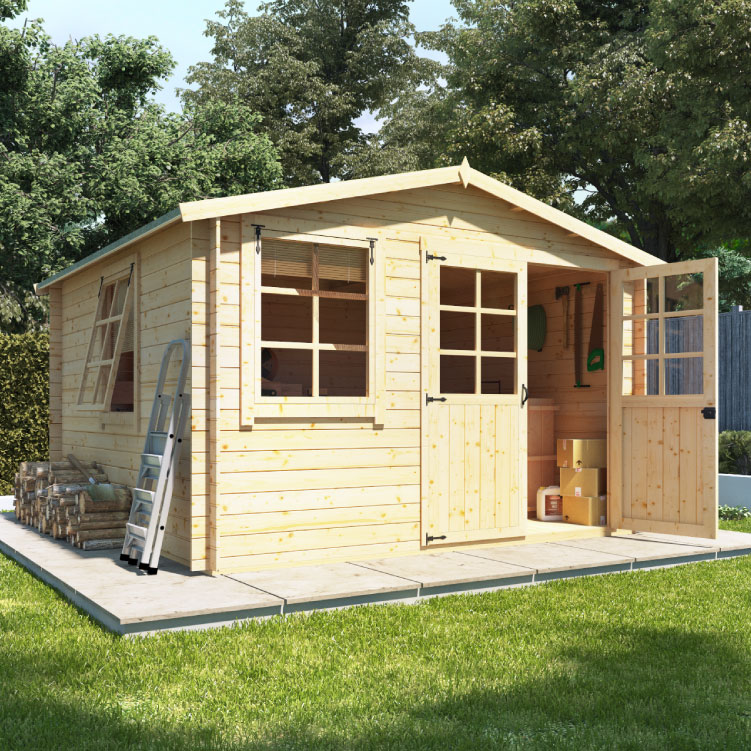
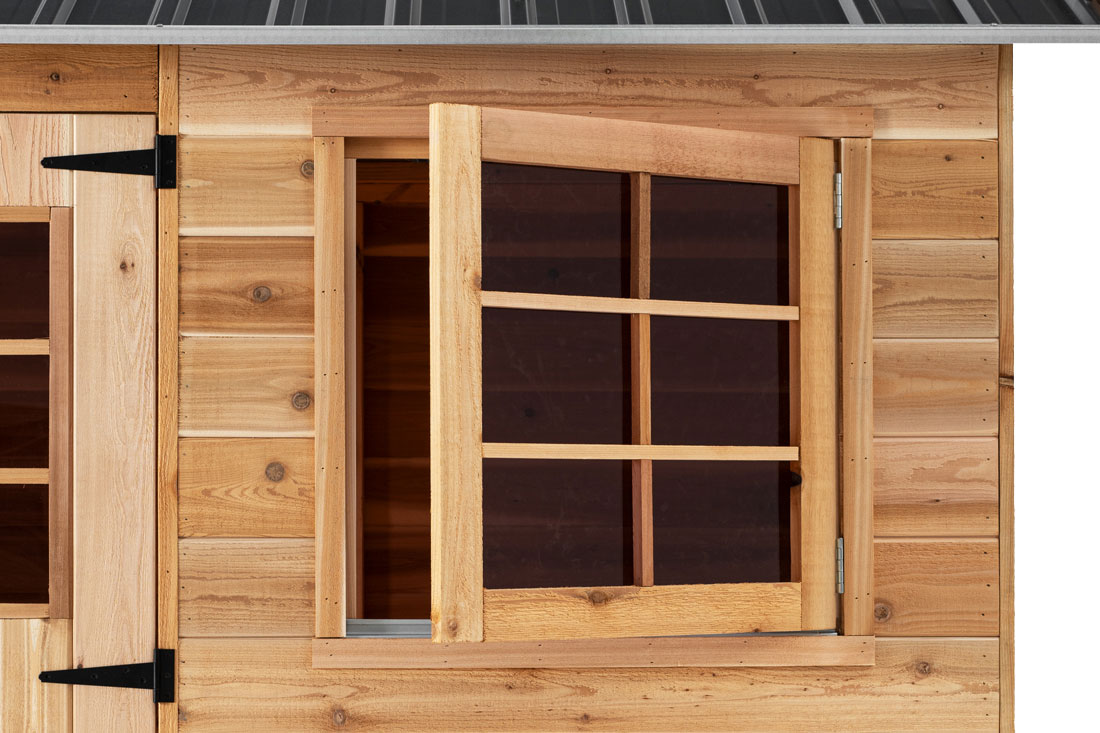
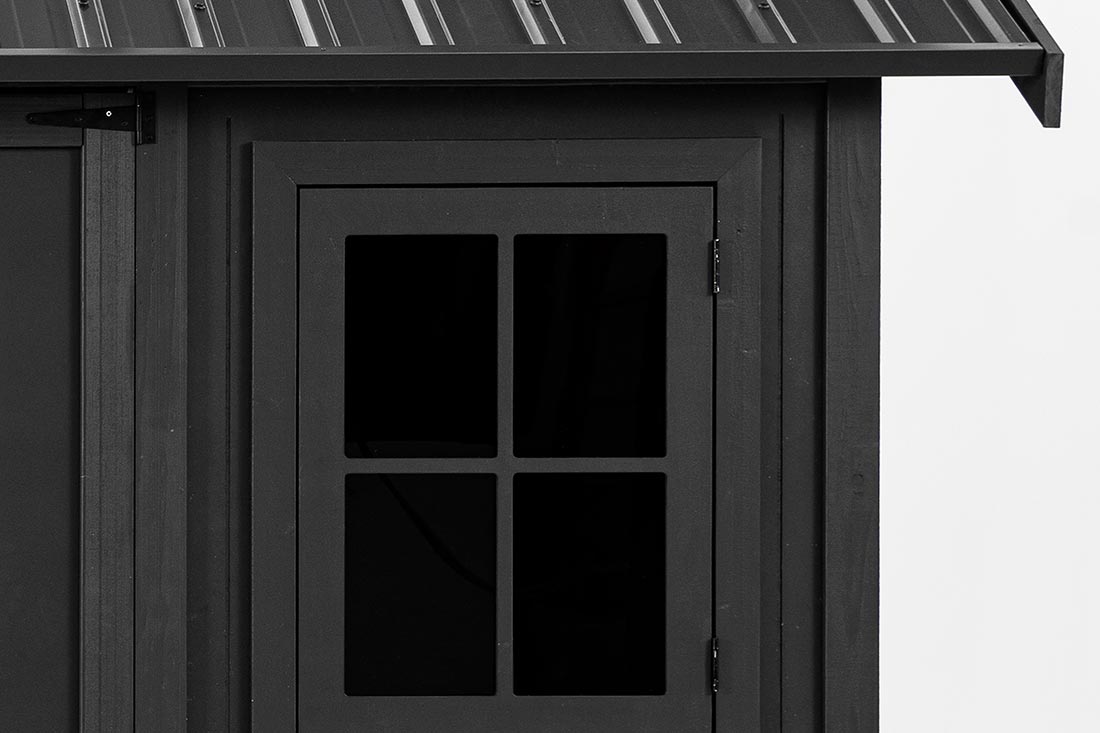
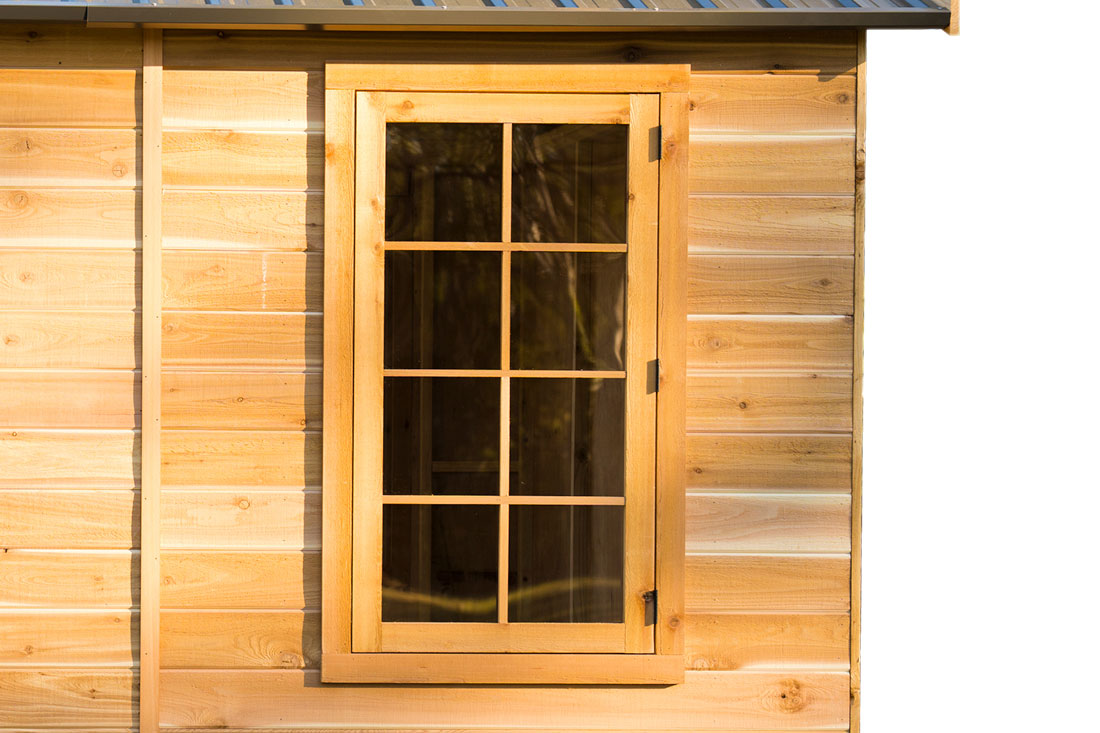
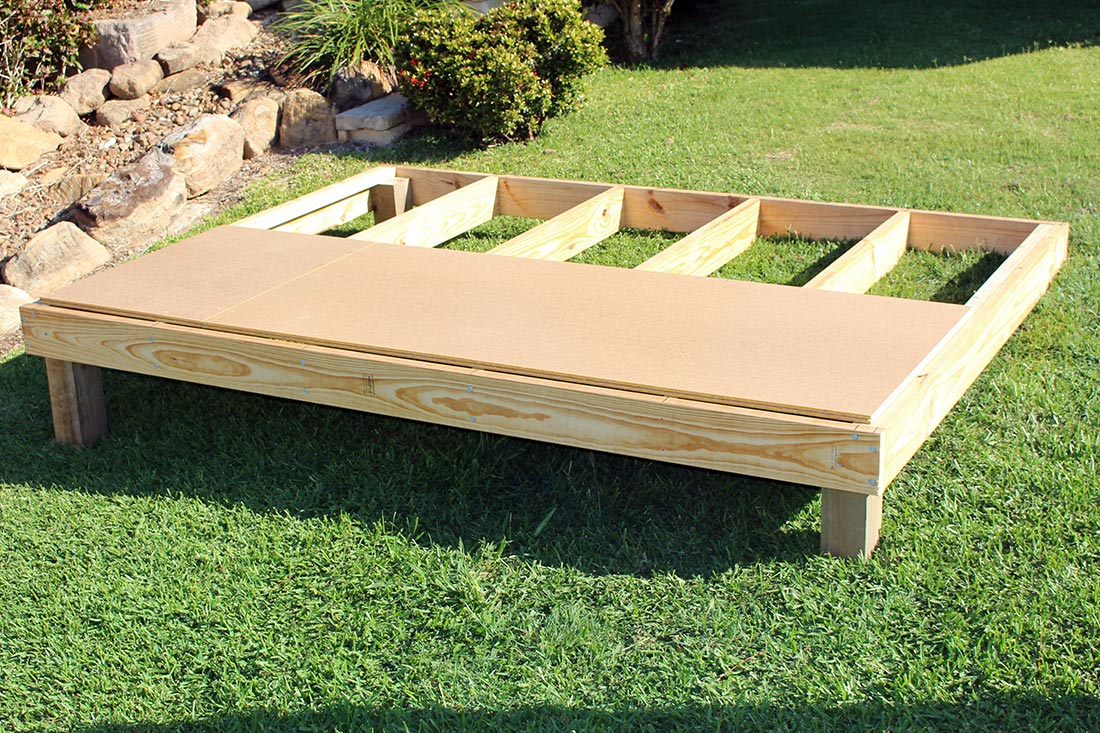
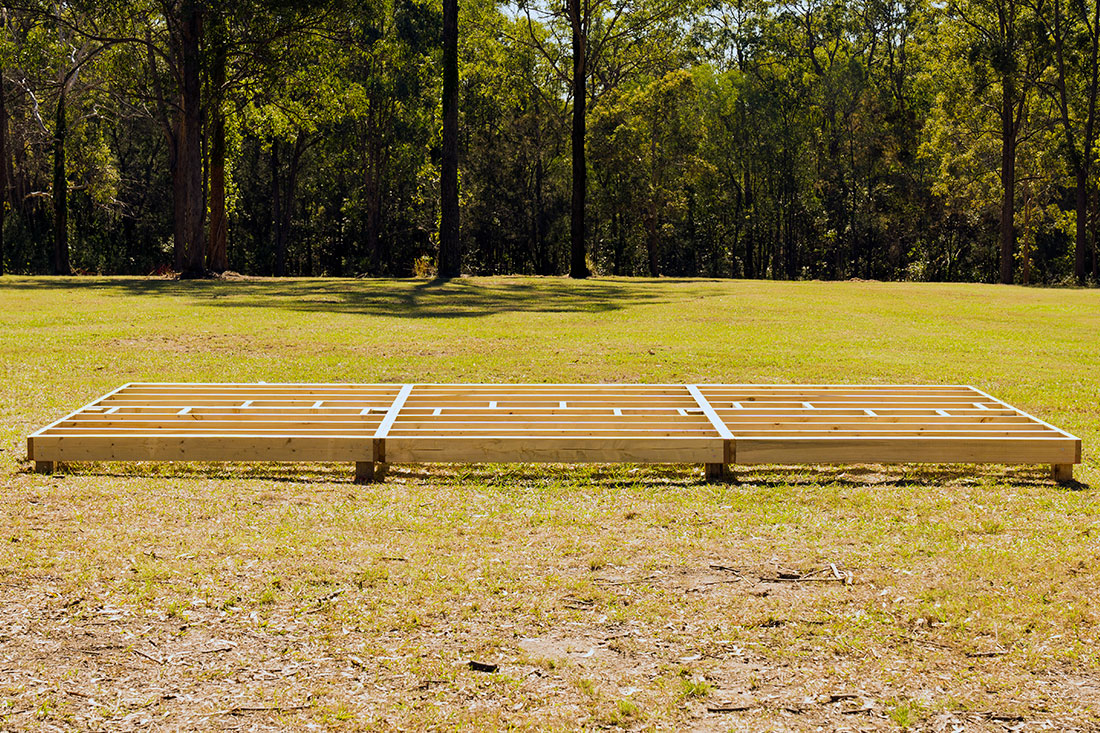
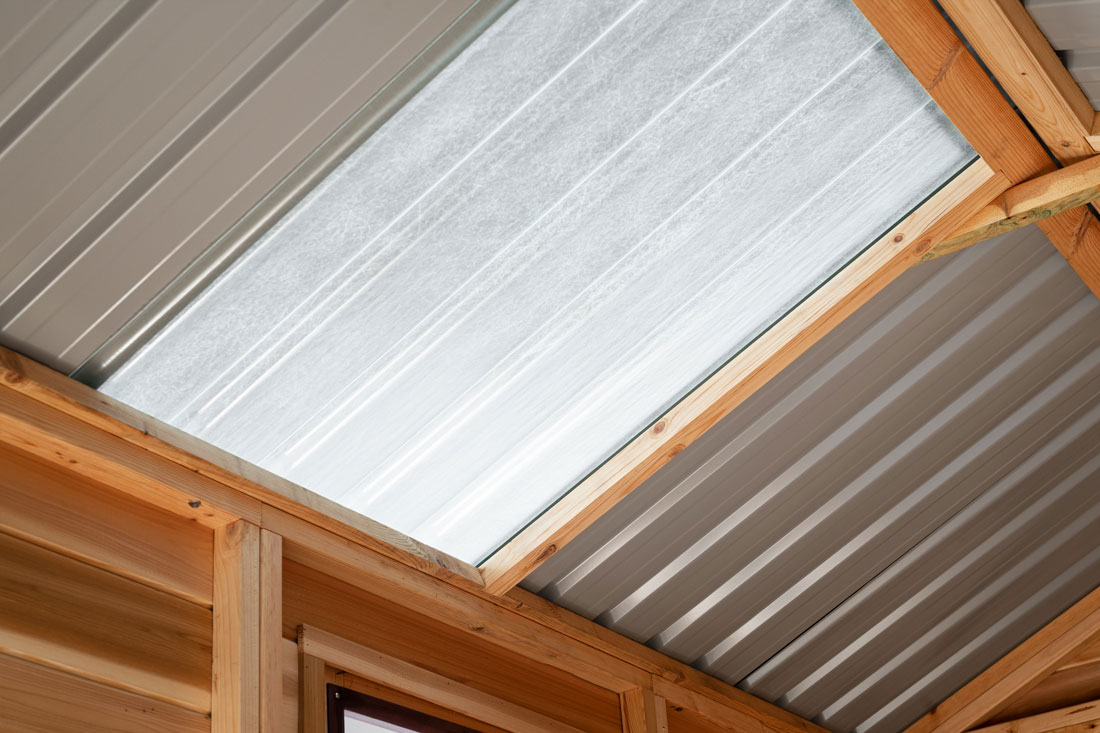
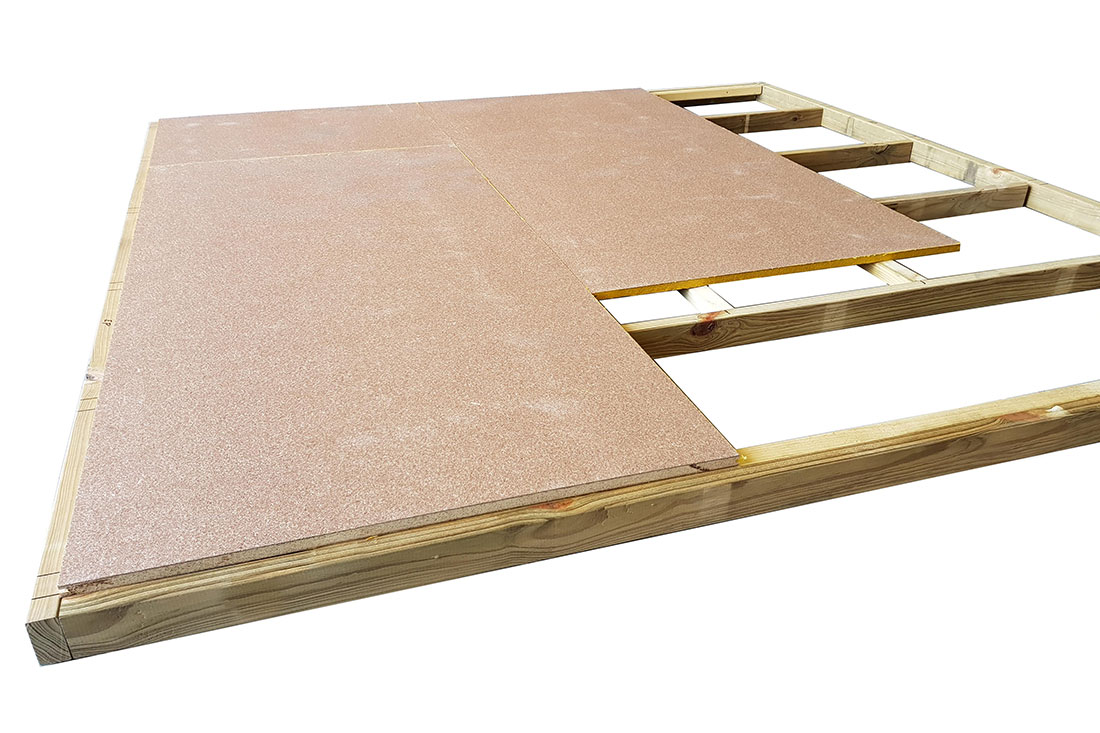
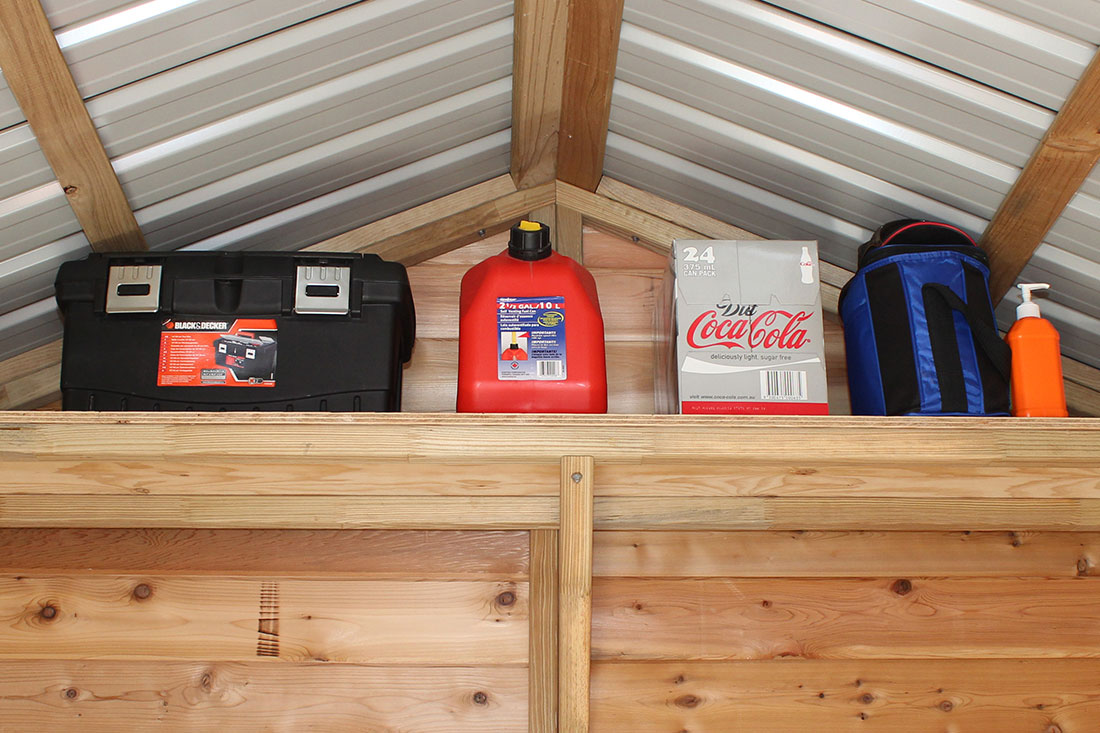
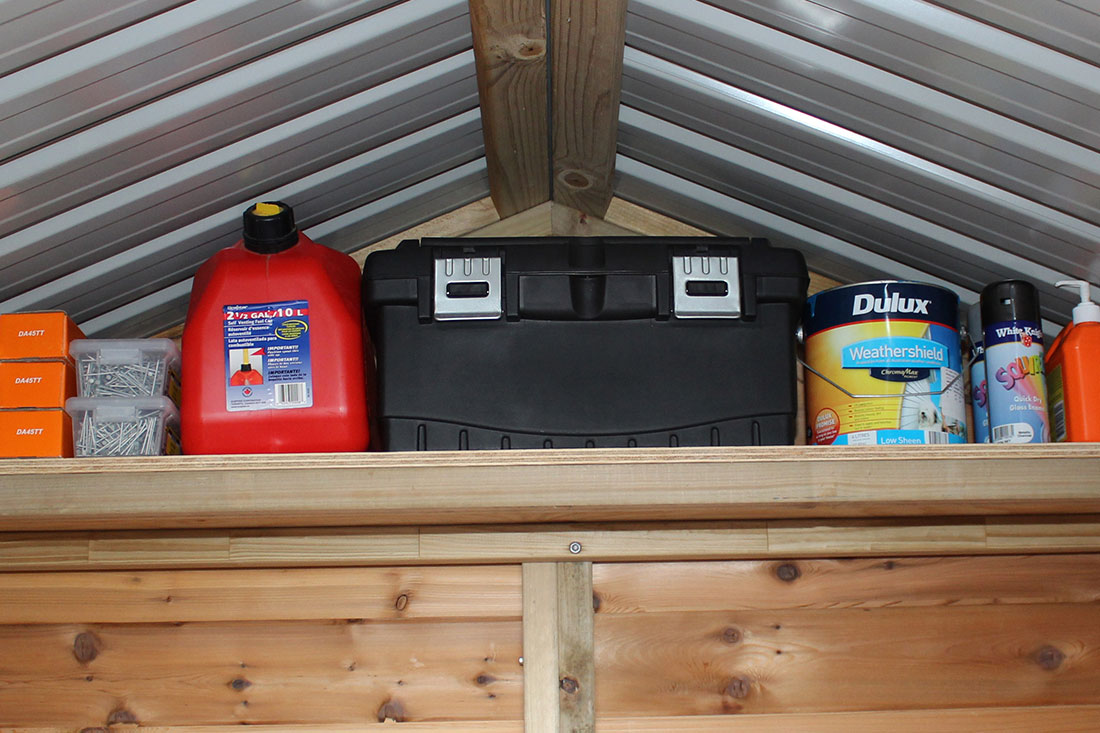
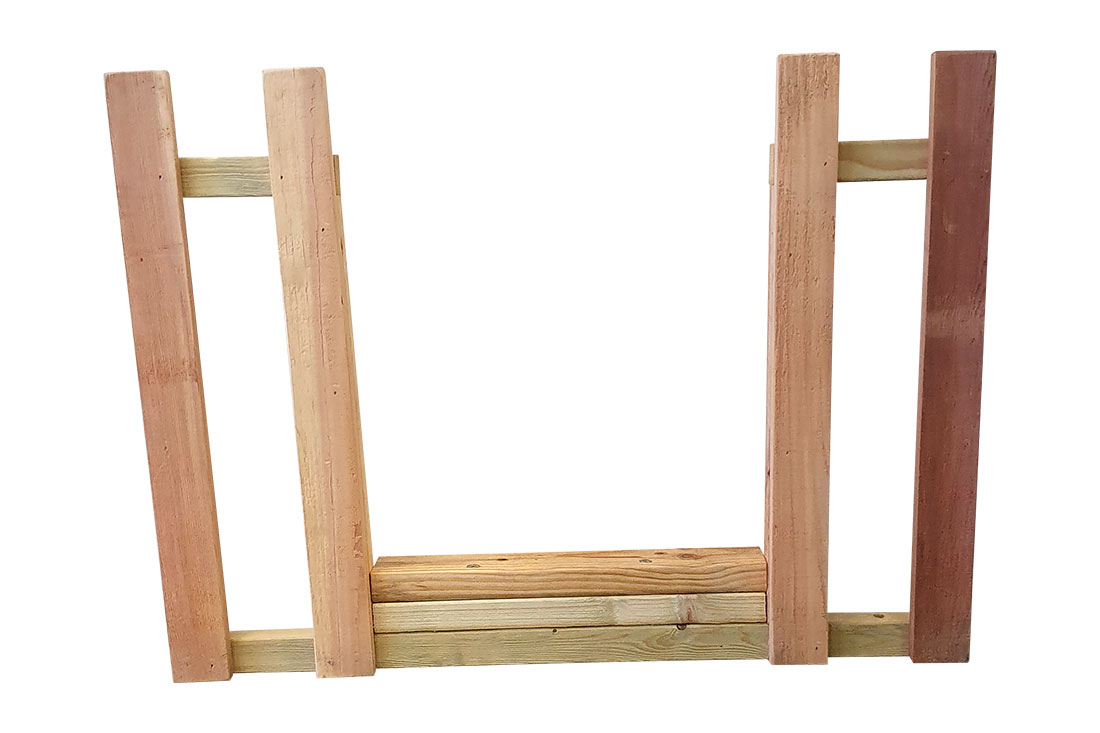 Includes an adjusted railing & ground pegs to make provision for a slide to be attached to the Hideout Tower.
Includes an adjusted railing & ground pegs to make provision for a slide to be attached to the Hideout Tower.